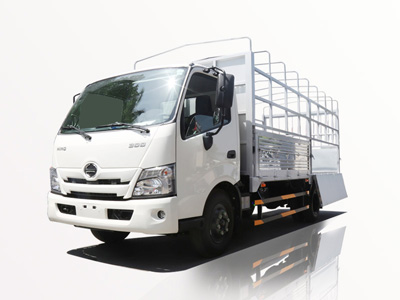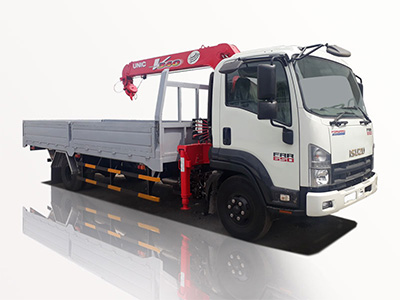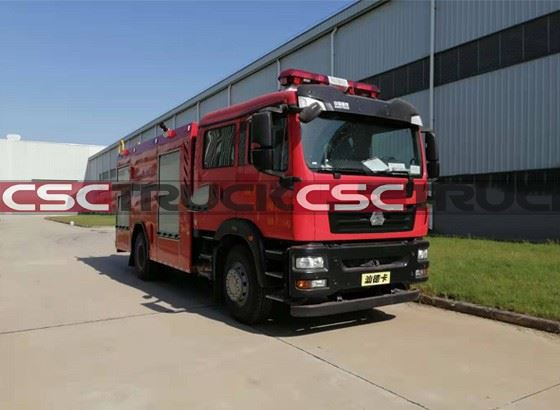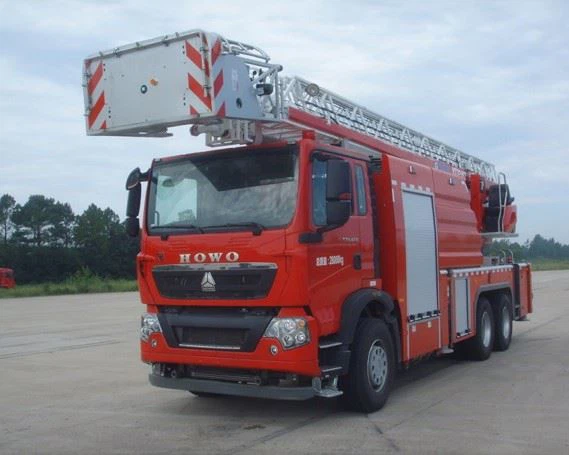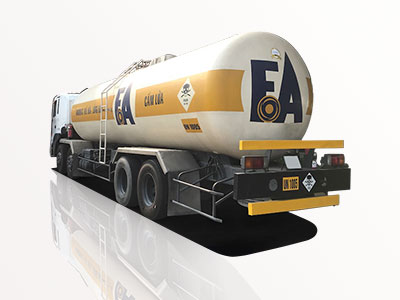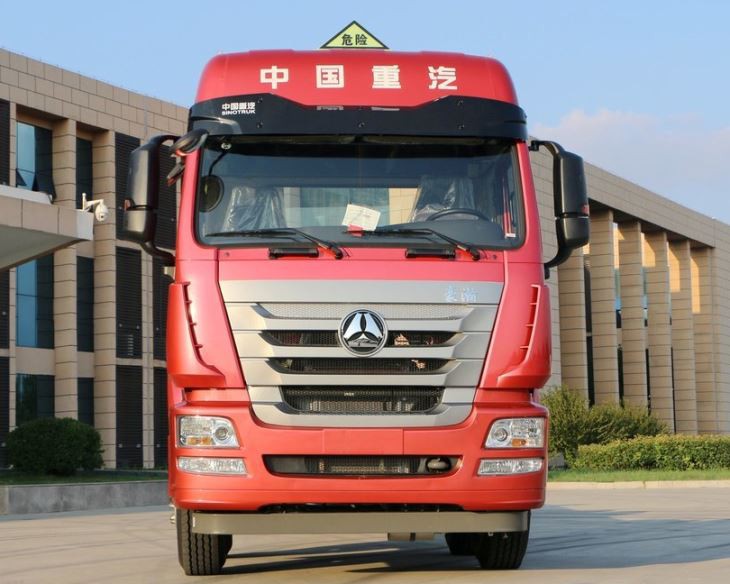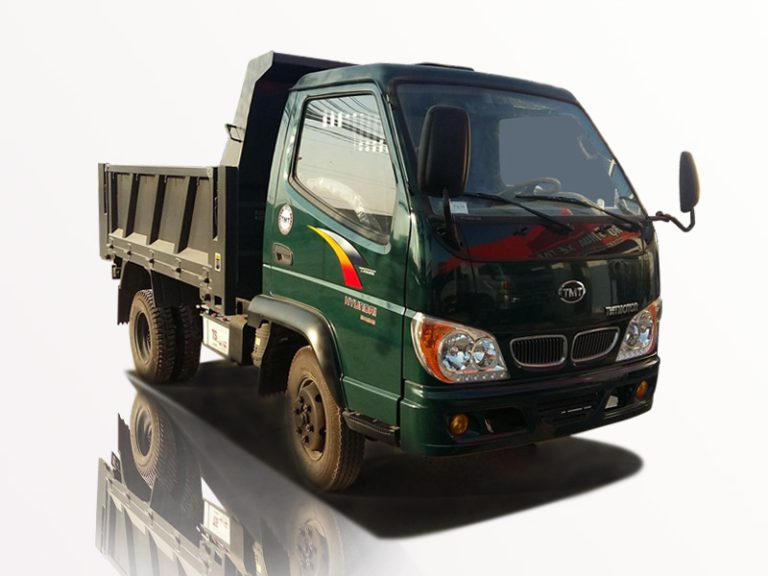The construction industry relies heavily on cement trucks for the delivery and mixing of concrete. These trucks are crucial for ensuring that projects are completed efficiently and effectively. In this article, we will explore the various cement truck manufacturers, their products, and what makes them stand out in the market. We’ll also cover the types of cement trucks available, tips for choosing the right manufacturer, and provide answers to frequently asked questions.
Understanding Cement Trucks
Cement trucks, also known as concrete mixers, are specialized vehicles designed to transport and mix concrete on-site. They come in various sizes and designs, catering to different construction needs. The main components of a cement truck include the mixing drum, chassis, and water compartment. The drum rotates to keep the concrete well-mixed during transportation.
The Importance of Quality Cement Trucks
Quality cement trucks are vital for successful construction projects. They ensure that the concrete remains workable until it is poured, reducing the risk of hardening during transportation. A reliable truck can significantly impact the efficiency of a construction site, making it essential to choose a reputable manufacturer.
Top Cement Truck Manufacturers
1. Kenworth Trucks
Kenworth is a well-known manufacturer in the trucking industry, recognized for its high-quality cement trucks. They offer a range of models equipped with advanced technology and robust features.
Key Features:
- Durable chassis designed for heavy loads.
- Fuel-efficient engines that meet environmental standards.
- Customizable options for specific construction needs.
Practical Example:
The Kenworth W990 can be fitted with a cement mixer and is popular among contractors due to its reliability and performance.
2. Mack Trucks
Mack Trucks specializes in manufacturing versatile vehicles, including cement trucks. Their products are known for their durability and ability to handle rough terrains.
Key Features:
- Heavy-duty construction for extended lifecycle.
- Ergonomic design for improved driver comfort.
- High resale value due to brand reputation.
Practical Example:
The Mack Granite series is widely used in the construction industry for its powerful performance as a cement mixer.
3. Volvo Trucks
Volvo offers a line of cement trucks designed with safety and efficiency in mind. They incorporate innovative technology to enhance performance and reduce emissions.
Key Features:
- State-of-the-art safety features, including collision prevention systems.
- Advanced fuel management systems to lower operating costs.
- Ergonomically designed cabins for driver comfort.
Practical Example:
The Volvo FMX is popular for construction applications, providing an excellent balance between power and fuel efficiency.
4. Daimler Trucks
Daimler Trucks, known for their impeccable engineering, provides robust cement trucks under various brands, including Freightliner and Western Star.
Key Features:
- Outstanding build quality with long-lasting components.
- Effective after-sales support and maintenance options.
- Flexible configurations to meet specific project needs.
Practical Example:
The Freightliner 114SD is particularly favored in the cement truck segment for its adaptability and reliability.
5. International Trucks
With a focus on producing dependable vehicles, International Trucks offers cement mixers designed for high-performance tasks.
Key Features:
- Powerful engines with low emissions.
- Flexible financing options to support contractors.
- Robust safety ratings and features.
Practical Example:
The International HV Series utilizes advanced technology to ensure optimal mixing and transport of cement.
Types of Cement Trucks
1. Front-Discharge Cement Trucks
Front-discharge trucks allow for easy and precise pouring of concrete from the front. They are ideal for urban construction sites with limited space.
2. Rear-Discharge Cement Trucks
Rear-discharge trucks are the most common and facilitate larger pours. They have a rotating drum that discharges the concrete at the rear of the vehicle.
3. Volumetric Mixers
Volumetric mixers allow for on-site mixing of concrete, providing flexibility and reducing waste. They are capable of producing various concrete mixes according to specific project requirements.
Choosing the Right Cement Truck Manufacturer
Assess Your Needs
Understanding the specific requirements of your projects is crucial. Factors like volume, type of concrete, and site constraints can influence your choice.
Research Manufacturer Reputation
Look for manufacturers with a strong reputation in the industry. Reviews, testimonials, and case studies can provide valuable insights into their reliability.
Consider After-Sales Support
After-sales service, including maintenance and parts availability, can significantly affect your cement truck’s performance and longevity.
Compare Prices and Features
Just like any purchase, it is important to compare prices across different manufacturers while also considering the features offered. Sometimes a higher initial cost can lead to lower operation costs down the line.
Best Practices for Maintaining Cement Trucks
Regular Inspections
Conduct routine inspections of the mixing drum, water supply, and chassis to ensure everything is in optimal condition.
Cleaning and Maintenance
Regular cleaning and flushing of the mixing drum are essential to prevent concrete from hardening and causing blockages.
Record Keeping
Maintain detailed records of maintenance and inspections to track the condition and performance of the cement truck.
Cement Truck Innovations
1. Automated Mixing Technology
Many manufacturers are integrating automated mixing technologies to enhance mixing efficiency and precision.
2. Environmental Standards
Recent innovations focus on reducing emissions and improving fuel efficiency, aligning with global sustainability trends.
3. Enhanced Safety Features
Modern cement trucks are equipped with advanced safety technologies, including backup cameras, collision avoidance systems, and improved braking mechanisms.
Global Market Trends for Cement Trucks
Increased Demand
With the global construction sector expanding, the demand for cement trucks is set to rise. Emerging markets are particularly contributing to this growth.
Technological Advancements
As technologies develop, manufacturers are expected to incorporate smart features and AI capabilities, enhancing performance and efficiency.
Sustainability Initiatives
Eco-friendly solutions are becoming a priority, with many manufacturers exploring electric cement trucks as viable alternatives for urban construction projects.
FAQ Section
1. What are the main types of cement trucks?
The main types include front-discharge, rear-discharge, and volumetric mixers. Each type serves different construction needs.
2. How do I choose a cement truck manufacturer?
Consider factors such as your specific needs, the manufacturer’s reputation, after-sales support, and pricing when making a decision.
3. How often should cement trucks be serviced?
Regular inspections should be conducted, with professional servicing at least once a year or as per the manufacturer’s guidelines.
4. Are there environmentally friendly cement trucks?
Yes, many manufacturers are developing eco-friendly cement trucks that focus on reducing emissions and improving fuel efficiency.
5. What is the average lifespan of a cement truck?
The average lifespan of a cement truck can range from 10 to 15 years, depending on maintenance and usage.
6. Can cement trucks be customized?
Many manufacturers offer customizable options to adapt cement trucks to specific construction requirements.
